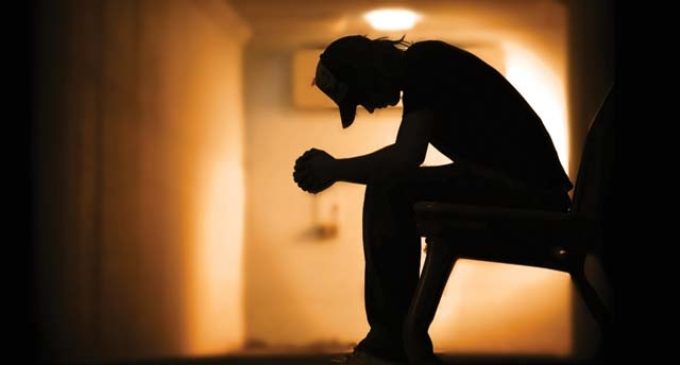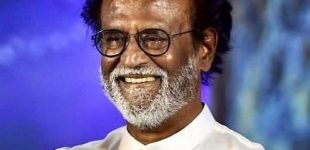New Mental Healthcare Bill decriminalises suicide attempt

Passed by the Lok Sabha on Monday, the Mental Healthcare Bill — though widely applauded and called ‘historic’ and ‘progressive’ — lacks in practical approach, claimed mental healthcare experts.
“In theory, the Bill is based on international standards, but its implementation in India will be difficult. We have an acute shortage of doctors, especially psychiatrists, clinical psychologists and psychiatrist social workers. We recently started a course in our hospital on psychiatry with staff available only on contractual basis. Remote areas face worse shortage of mental healthcare providers,” said Dr RP Beniwal, psychiatrist at central government-run Ram Manohar Lohia Hospital.
According to a study done by National Institute of Mental Health and Neuro Sciences (NIMHANS) in 2016, there are less than 4,000 mental health doctors in India. Centre-run Safdarjung Hospital opened its psychiatry ward this month with just six nurses and handful of psychiatrists. The hospital has no clinical psychologist or a psychiatric social worker so far.
Certain clauses, such as the ones on ‘advance directive’ and prohibition of Electro-convulsive Therapy (ECT) has experts concerned.
The Bill empowers a mentally-ill person to make an advance directive on how s/he would want to be treated during a mental health situation and who his nominated representative shall be. The advance directive has to be certified by a medical practitioner or registered with the Mental Health Board. If the mental health professional, or caregiver do not wish to follow the directive, they will have to submit an application to the Mental Health Board to review, alter or cancel the advance directive.
“A doctor would be the best person to decide on the most appropriate treatment. But now, if the patient or his/her relative objects to the chosen treatment, the doctor will have to follow a procedure to nullify it,” said Dr Nimesh Desai, Director of Institute of Human Behaviour and Allied Science.
The Bill states that ECT is allowed only with the use of muscle relaxants and anaesthesia, and prohibits the therapy for minors. This clause has also drawn criticism. “ECT is safe and a scientifically proven method. Some patients are in such a bad condition that ECT is not possible with anaesthesia, while for some including minors it can be life-saving,” said Dr Desai.
The Bill attempts to regulate mental health institutions, bring in a Central and State Mental Health Authority and involve judiciary in the treatment, which will put additional burden on courts.
“The protocols for treating mentally ill patients were followed earlier as well, but now the procedure has been codified. Implementation of the Bill from clause to clause will take a lot of time and is going to be very challenging,” said Dr BN Gangadhar, professor at NIMHANS.
To ensure implementation, state governments will have to make mental health a priority and increase funding, say experts.
“While implementation will be easy in states like Tamil Nadu or Kerala, which have good health facilities at the district level, states like Bihar would struggle,” pointed out Dr Soumitra Pathare, Consultant Psychiatrist & Coordinator, Centre for Mental Health Law & Policy, Pune, who was involved in the drafting of the Bill before it went to the Rajya Sabha.
In case of the formation of the boards at the state, the central and the district levels that will manage legal aid and access to drugs for patients, Hyderabad-based Dr G Prasad Rao, President, Indian Psychiatric Society, cautioned that these quasi-judicial bodies need to be constituted carefully. “While there will be one psychiatrist on the panel, in the past I’ve seen religious leaders or those connected to social welfare outnumbering health professionals. We need to be pro-active in ensuring that the body is patient-friendly,” he said.






There are no comments at the moment, do you want to add one?
Write a comment